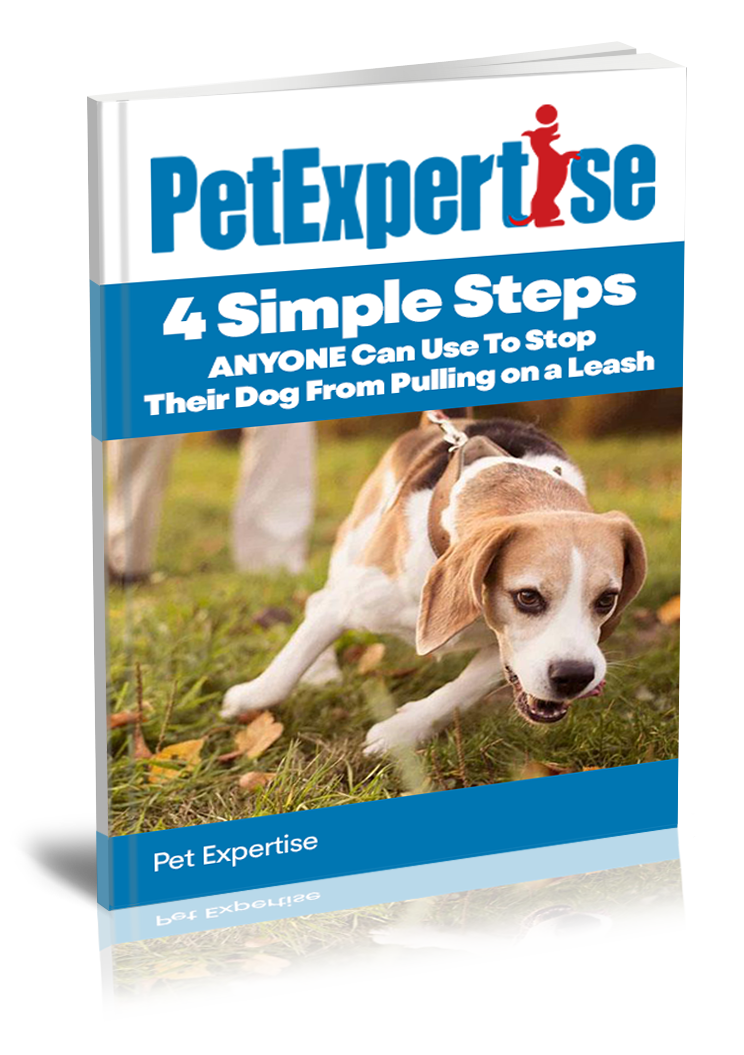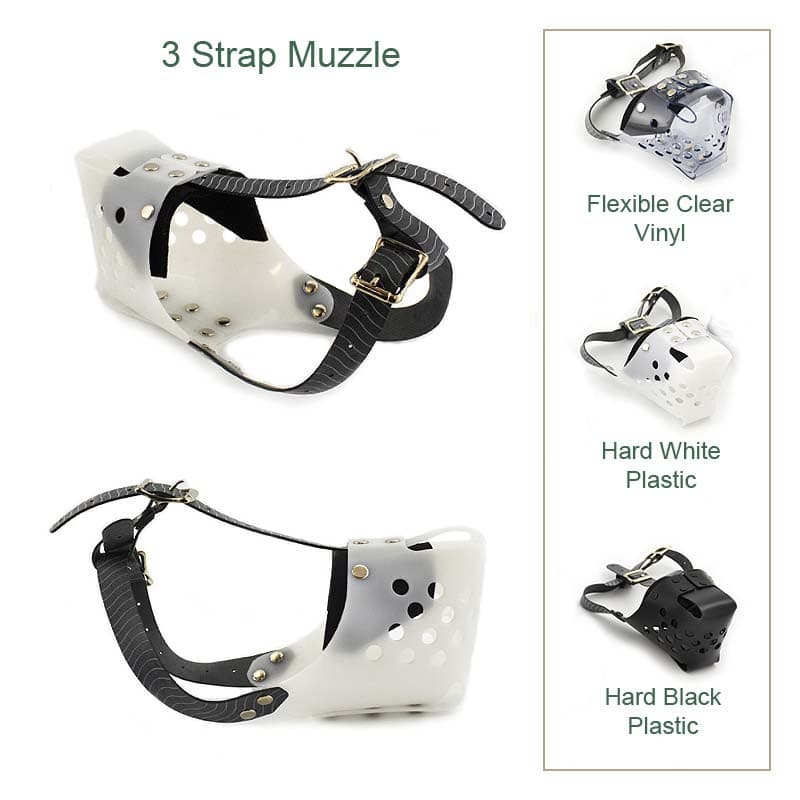Can Puppies Safely Chew Collagen Sticks? A Vet‑Approved Guide for New Puppy Owners

Collagen sticks for puppies are becoming increasingly popular, especially among pet parents looking for safer, healthier chew alternatives for teething pups. But the big question remains: Are collagen sticks safe for puppies? In this vet-backed guide, we break down what you need to know—from ingredients and safety concerns to feeding guidelines and real-life puppy reactions.
What Are Collagen Sticks?
Collagen sticks are natural dog chews made from the inner layer of animal skin, typically bovine (beef) hide known as the corium. Unlike traditional rawhide—which can be tough, difficult to digest, and prone to causing blockages—collagen sticks are softer, more digestible, and break down more predictably in a dog’s digestive tract. This makes them a preferred option for many pet owners seeking a safer alternative.
Nutritional Value for Puppies
Collagen is more than just a chew—it offers key health benefits during a puppy's development:
-
Joint and Bone Support: Collagen contributes to stronger ligaments, tendons, and cartilage, which is vital for growing pups.
-
Improved Skin and Coat: Helps maintain elasticity in the skin and promotes a shinier, healthier coat.
-
Gut Health Boost: May assist in developing a more robust digestive system by supporting the gut lining.
Are Collagen Sticks Safe for Puppies?
General Safety Overview
While safer than many alternatives, collagen chews do come with considerations:
-
Easier Digestion: Collagen breaks down in the stomach more efficiently than rawhide, making it a gentler option.
-
Choking Risk: Swallowing large chunks can be dangerous—always supervise your puppy during chew time.
-
Mild Digestive Upset: Some puppies may experience soft stools or mild vomiting as their systems adjust to the new chew.
Vet & Expert Advice
Veterinary guidance recommends a cautious introduction to collagen:
-
Start Around 12 Weeks: This is when most puppies begin developing adult teeth and stronger jaws.
-
Limit Chewing Time: Begin with 15–30 minute sessions to avoid overuse or gum soreness.
-
Supervise Closely: Always keep an eye out for signs of discomfort or digestion issues.
Real-World Puppy Reactions
Puppy parents have shared mixed, but mostly positive, experiences:
-
Quick Chewers: Some pups devour the entire stick in one go, which can lead to minor stomach upset.
-
Temporary Discomfort: A few owners report vomiting or diarrhoea after initial exposure.
-
Generally Well-Tolerated: Most report smooth digestion and happy pups when used in moderation.
Collagen Sticks & Puppy Teething
Understanding Puppy Teething
Teething is a natural but uncomfortable process for puppies aged 3 to 6 months:
-
Sore Gums: Puppies may seek relief by chewing anything they can find.
-
Increased Drooling: A common symptom of oral discomfort.
-
Chewing Instinct: Teething drives them to soothe their gums by gnawing.
Benefits of Collagen Sticks During Teething
Collagen sticks can play a helpful role in soothing teething pains:
-
Soothes Gums: Firm but not overly hard, these chews offer gentle resistance that helps ease gum soreness.
-
Improves Dental Health: Chewing helps naturally reduce plaque and tartar buildup.
-
Reduces Destructive Chewing: Directs their chewing behaviour away from shoes and furniture.
Alternatives for Younger Puppies
If your puppy is under 12 weeks or has delicate teeth, softer alternatives may be better:
-
Rubber Teething Rings: Designed to be chewed safely by younger puppies.
-
Soft Dental Chews: Made specifically for early teething stages.
-
Frozen Carrots or Cloth Toys: These provide cold relief and are gentle on developing teeth.
Choosing the Right Collagen Stick
Key Factors to Consider
To ensure safety and effectiveness, choose chews with the right features:
-
Size Matters: Select a chew proportionate to your puppy’s breed and jaw size to avoid choking.
-
Keep It Simple: Choose single-ingredient collagen (like beef or pork) to reduce allergic reactions.
-
Soft Start: Opt for softer chews initially—hard ones may damage fragile teeth.
-
Trustworthy Brands: Prioritise quality sourcing to ensure purity, safety, and consistency.

Recommended Checklist
Each feature below adds to the safety and nutritional value of your puppy's chew:
-
Single-ingredient formulation: Reduces the risk of allergies and makes digestion easier.
-
Age-appropriate sizing: Prevents your puppy from biting off more than they can chew.
-
Reputable sourcing: Guarantees consistent quality and avoids harmful additives.
-
High digestibility: Breaks down well in the stomach and lowers the risk of intestinal upset.
Introducing Collagen Sticks Safely
Start Slow
Ease your puppy into the experience with short sessions:
-
Try a 5–10 Minute Chew: Monitor how your puppy responds before extending chew time.
-
Observe Behaviour: Look for excessive gulping or signs of discomfort.
Watch for Warning Signs
Keep an eye out for symptoms that could indicate a problem:
-
Digestive Issues: Vomiting or diarrhoea are signs to take a break and reassess.
-
Lethargy or Gum Irritation: Could mean the chew is too hard or being consumed too quickly.
Create a Safe Chewing Space
Make chew time structured and distraction-free:
-
Use a Crate or Play Area: Contained spaces help monitor your puppy.
-
Keep Water Nearby: Hydration helps digestion and prevents dry mouth.
-
Remove When Done: Avoid leaving half-eaten chews lying around.
Feeding Guidelines & Frequency
How Often Should Puppies Get Collagen Chews?
Moderation is key to making chews a healthy habit:
-
1–3 Times Per Week: Based on your puppy’s size, breed, and daily calorie needs.
-
Mix With Regular Diet: Make sure treats don’t offset balanced nutrition from meals.
Portion Control Based on Size
Give the right amount depending on your puppy’s breed:
-
Toy Breeds: Offer only a small segment or portion of a stick.
-
Medium/Large Breeds: A full stick can be fine, but only under supervision.
Store Chews Correctly
Don’t toss out the leftovers—store them safely:
-
Cool, Sealed Container: Helps preserve freshness and reduce bacterial growth.
-
Discard After a Few Days: Don’t reuse if the chew has become too soft, dirty, or old.
Final Thoughts
Collagen sticks can be a great addition to your puppy’s teething and chewing routine, offering dental benefits, mental stimulation, and nutritional value. Like all treats, they should be introduced thoughtfully and used in moderation. With proper supervision and quality selection, your puppy can safely enjoy this tasty and beneficial chew.
Frequently Asked Questions
Yes. They are easier to digest, less likely to splinter, and generally safer for growing puppies.
It’s best to wait until around 12 weeks when their teeth and jaws are stronger.
Contact your vet immediately. Though most collagen breaks down naturally, larger chunks can cause temporary blockage or discomfort.
Yes, the chewing action helps remove plaque and freshen breath, although regular brushing is still important.
True collagen is animal-derived, so vegetarian options don’t exist. However, alternatives made from different protein sources (e.g., pork instead of beef) may help with sensitivities.
Stick to 15–30 minutes per session to prevent overuse, gum soreness, or digestive strain.
- Choosing a selection results in a full page refresh.
- Press the space key then arrow keys to make a selection.



